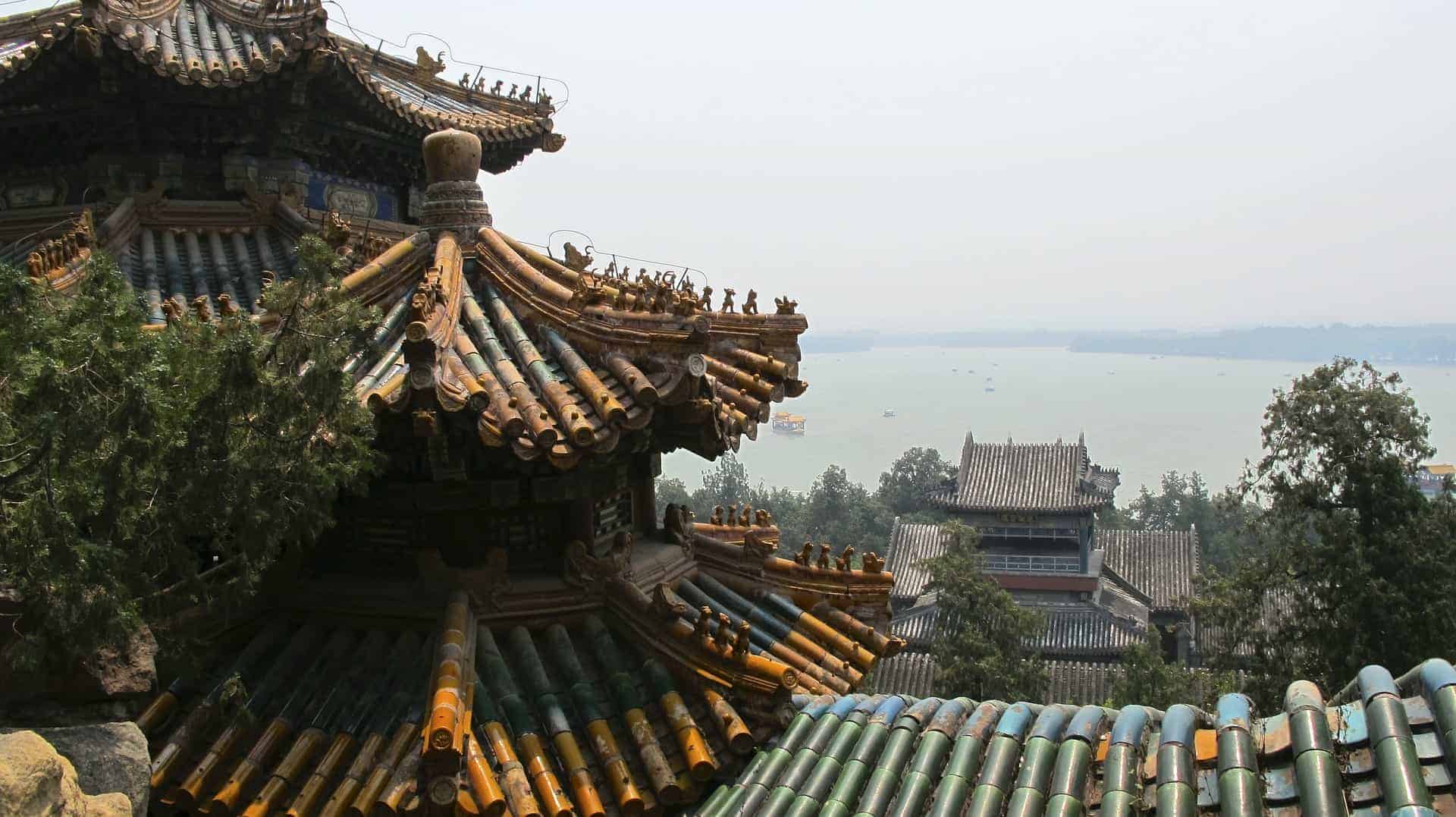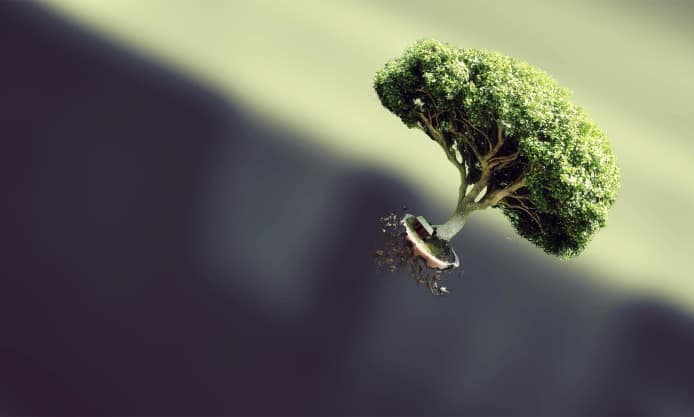Oppression comes in various forms, some explicit and some more subtle. Allah has warned against any involvement – even implicit – in forms of oppression. With reference to an importance verse of Surah Hud, we need to understand what the parameters of such oppression may be in order to ensure we are not a party to oppression of any sort. By looking at the classical tafsir of this verse (Hud 113) br Shafiul Haq explores the parameters of potential contribution to oppression.
Oppression is considered something very severe in Islam. There are repeated warnings in the Qur’an against committing any form of oppression. From a hadith of the Prophet, we come to know that Allah most definitely answers the du’a of the oppressed:
Allah causes their supplications to rise above the clouds, and gates of heaven are opened for them, and Allah says, ‘By My Majesty, I will help you, even if it is after a while.’ [Tirmidhi]
Yet, today we live in a world where oppression is so widespread that many of us knowingly or unknowingly, willingly or unwillingly, become implicated in it.
Many of the privileges that we enjoy come at the expense of someone, somewhere around the world.
People work in sweatshops for unimaginably low wages and in unsafe conditions so we can wear expensive, branded clothing.
Children in Africa work like slaves so we can have batteries in our smart phones.
People are trafficked to work for little or no pay in coffee plantations so we can enjoy our morning coffee.
The fiqh related to whether we can still wear branded clothes, use smart phones or drink coffee given the current grim reality of our world is an important question and needs to be looked into. The different levels of ‘assistance in sin’ and their rulings have been discussed by our fuqaha and we need to acquaint ourselves with them.
However, I would like to make a more generic point on the kind of attitude that Islam requires us to have towards oppression and oppressors. In Sūrah Hūd verse 113, Allah prohibits even the slightest form of inclination towards oppressors:
And do not incline towards the wrongdoers, lest the Fire should catch you. [Hūd:113]
Imām al-Suyūti explains the ‘inclination’ that this verse prohibits as below:
And do not incline towards the evildoers, through affection or adulation, or [by showing] satisfaction with their actions [Tafsīr al-Jalālayn]
Mufti Muhammad Shafī’ Usmani provides a more elaborate explanation as below:
After the command to stand firm, it was said: “and do not cross the limits”. This word is a derivation from the verbal noun: tughyān which means to cross limits, and which is the opposite of standing firm. It will be noticed that the positive statement to stand firm in the verse has not been considered sufficient, rather, its negative aspect, that of its prohibition, was clarified expressly. This establishes the sense of the verse: ‘do not cross the limits set by Allah and His Rasul – in beliefs, acts of worship, transactions, morals etc. – for it was the outlet of all disorder and corruption in material and religious life.
To keep human beings protected from this disorder and corruption, another guideline has been provided in the second verse (113): ‘And do not incline towards the wrongdoers, lest the Fire should catch you’. The word: lā tarkanū comes from the verbal noun: Rukūn which means a slight tilt towards one side having confidence in and approval of it. Therefore, the sense of the verse is: ‘Whoever indulges in injustice and oppression ruins his or her life, worldly and spiritual both – this is a fact every one knows. But, the slightest of tilt or inclination towards the unjust, placing confidence in them, being pleased with them, could also push man to the edges of the same abyss.’
What is the meaning of this ’tilt’ and ‘inclination’? There are some statements of Sahabah (Companions) and Tabi’in (Successors) about it in which there is no contradiction or difference. They are all correct in their respective places.
Sayyidnā Qatādah said, it means, ‘do not have friendship with the unjust and do not follow what they say.’ Ibn Jurayj said, ‘do not nurse a leaning of any kind towards the unjust.’ Abū al-‘Āliyah said, ‘do not like everything they do.’ (Qurtubī) Al-Suddiyy said, ‘do not court the favor of the unjust through servile flattery (mudāhanah), that is, do not observe silence or show your approval at their evil deeds.’ ‘Ikrimah said, ‘do not sit in the company of the unjust.’ Qādi al-Baidāwi said, ‘following them in personal looks, fashion, and ways of living are all included under this very prohibition.’
Qādi al-Baidāwi also said that this verse exudes the highest imaginable degree of severity in the matter of prohibition and unlawfulness of injustice and oppression. The reason is that it not only prohibits friendship, and all other cordial relationships, with the unjust but, going farther ahead, it also prohibits the least possible inclination towards them, or even sitting with them. Imam ‘Abdur-Rahmān ibn ‘Amr Al-Awzā’i said, ‘with Allah Ta’ālā no one is as detested as the ‘Ālim (religious scholar) who, for the sake of his worldly interest, goes to meet someone unjust. (Mazhari)

Today’s Muslim rulers are models of oppression.
At a time of widespread oppression, we are required to act to change the situation. However, if we fall short in this regard, at the very least we must ensure that we do not lend any support, even by mere inward approval in our hearts, to anyone who is engaged in oppressive acts.

Muslim scholars need to be careful not to be party to oppression of even the slightest form by rubbing shoulders with oppressors.
Many of us unwittingly sometimes support or approve of politicians, political parties, shuyukh, activists, institutions, organisations etc. even when they are either directly engaged in acts of oppression or condone these acts. The verse above should serve as a stringent reminder for us to be vigilant so as not to allow our hearts to be corrupted by harbouring affection, approval and support for oppressors.
Shafiul Huq is a Melbourne-based activist and member of Hizb ut-Tahrir. He is also a student of Classical Arabic and Cultural Studies.
![]()















